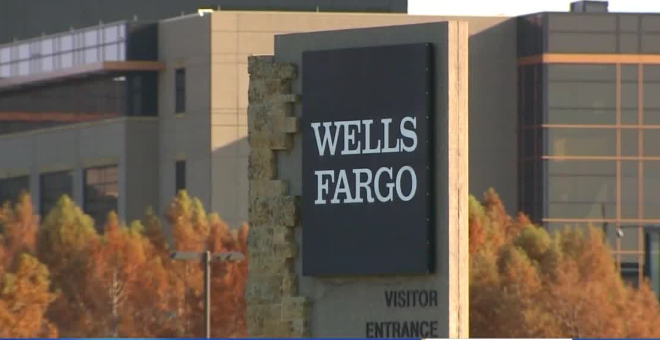Federal authorities have issued a directive to Wells Fargo, instructing the bank to enhance its capabilities in detecting individuals involved in financial wrongdoing. This directive coincides with Wells Fargo being taken to court over accusations of negligence in preventing a $460 million fraudulent scheme conducted through its operations.
Wells Fargo is currently under intense examination by the Federal Reserve for breaching the Bank Secrecy Act.
The Bank Secrecy Act mandates that financial institutions, including Wells Fargo, support federal efforts in combating financial crimes. However, Wells Fargo neglected to submit the necessary Suspicious Activity Reports, as mandated by the act.
This lapse led to the Securities and Exchange Commission pressing charges against the bank. Wells Fargo, in response, agreed to a $7 million fine and resolved the SEC charges.
In 2016, Wells Fargo found itself embroiled in a controversy when the Consumer Financial Protection Bureau exposed the bank for allowing the unauthorized generation of millions of user accounts, aiming to artificially boost business metrics. After the scandal, legislators, including Senator Elizabeth Warren, called for more stringent regulations to be imposed on Wells Fargo.
Warren urged federal regulators to dismantle Wells Fargo, citing concerns that the financial institution poses a risk of fraud to consumers.
Warren’s statements align with regulators considering further actions against Wells Fargo amid its ongoing controversies and legal battles. One of these legal disputes is connected to Wells Fargo’s monitoring system and its failure to prevent financial crimes within the organization.
A Wells Fargo account holder, attorney Matthew Beasley, is confronting numerous charges of wire fraud and money laundering for offenses he is accused of committing through the financial institution’s platform. As per authorities, Beasley persuaded individuals to invest in a nonexistent personal injury firm. He defrauded prospective investors of $460 million and purportedly utilized Wells Fargo to receive the funds and use them for personal expenses.
Officials claim that Beasley utilized investor funds to buy cars, homes, and recreational vehicles for his personal use. Wells Fargo is currently facing four legal actions connected to Beasley’s Ponzi scheme, with allegations of the bank’s alleged complicity in the financial crimes.
As per the plaintiffs, Wells Fargo failed to probe Beasley’s wrongdoings and, by not preventing them, is accused of “aiding and abetting” the scheme.
The legal action further claims that employees of Wells Fargo frequently met with Beasley, including one staff member socializing and attending sports events with the accused scammer.
A spokesperson from Wells Fargo refutes any participation in Beasley’s purported crimes and asserts that the financial institution is collaborating with authorities in their ongoing inquiry.




